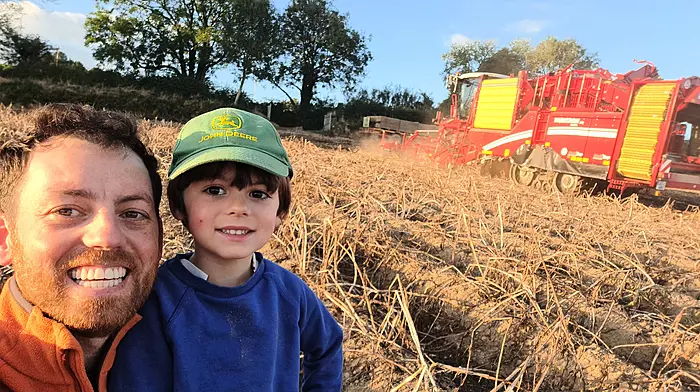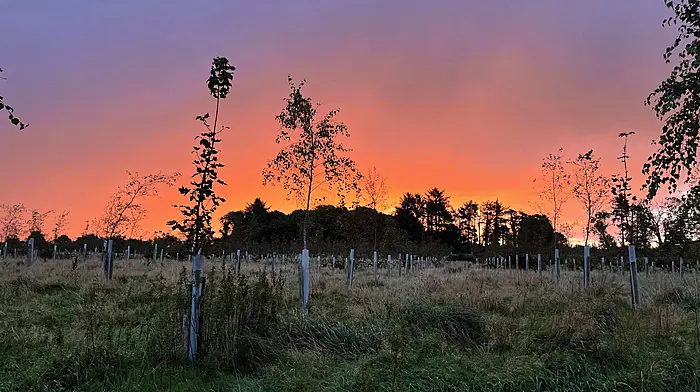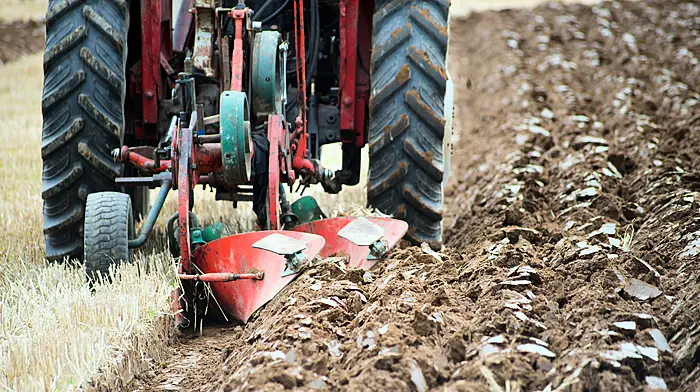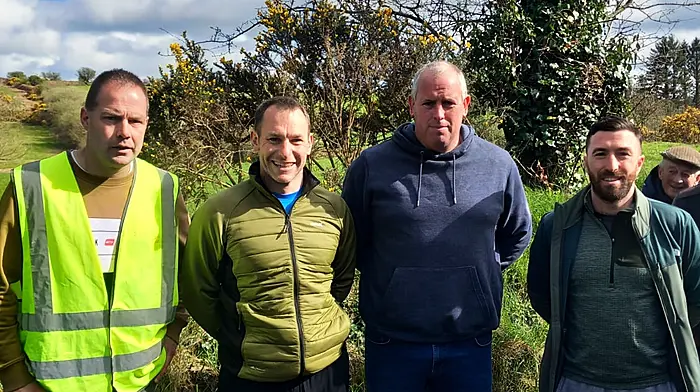IRISH Cattle and Sheep Association (ICSA) president Dermot Kelleher has called for ‘respectful negotiation’ with farmers following the decision to ditch plans for ‘rewetting’ of agricultural peatlands in the amended Nature Restoration Law which was adopted at the European Parliament.
The parliament in Strasbourg last week voted to adopt the rewetting proposal by a narrow margin, with 316 votes in favour, 300 against, and 13 abstentions.
The controversial law, which looks to protect endangered habitats, was passed, however with amendments, including taking out article 9 of the Nature Restoration Law which proposed the ‘rewetting’ of agricultural lands.
It will be now be up to member countries to hammer out a final text of the law.
Mr Kelleher said the Parliament’s decision to scrap Article 9 concerning the contentious issue of rewetting agricultural peatland was a victory for common sense and illustrates the need for more rounded debate. ‘The latest research from Teagasc indicates that emissions from Irish peatlands have been spectacularly overestimated. It would be a travesty to rewet lands - and destroy the value of that land - based on figures that were wrong.’
Mr Kelleher said the narrow margin in favour of an amended version of the law shows how flawed the original proposal was and demonstrates the need for serious reflection on the EU Green Deal. ‘The high handed and arrogant approach of the Green Deal, led by Ursula von der Leyen and Frans Timmermans must be abandoned in favour of respectful negotiation with farm representatives who understand the threats to farmers who are expected to implement all these measures.
‘Trust has been lost, particularly because land ownership has been threatened and people’s legitimate concerns ignored.
‘Farmers are being bombarded with more and more extreme proposals under directives such as the Industrial Emissions Directive and the Sustainable Use of Pesticides Directive. Pushback such as happened against the Industrial Emissions Directive is then denigrated and used to justify attacks on farming in the public narrative.’
Mr Kelleher also welcomed the removal of Article 16 from the final proposal agreed in the vote in Strasbourg. ‘Article 16 would have provided for the possibility for citizens’ groups and environmental NGOs to take legal action against member states for any perceived failure to implement national restoration plans. The removal of this article was something that ICSA lobbied hard for as it essentially would have provided a charter for constant legal battles. It would have served no purpose other than to create massive division and polarise positions.’
‘The Nature Restoration Law will now move to the Trilogues phase of negotiations between the three institutions of the EU – The Commission, the Council of Ministers, and the Parliament.
‘There are no guarantees that amendments made by the Parliament today will survive the Trilogue negotiations so there is still much work to be done to ensure our farmers are safeguarded.’
West Cork TD Michael Collins, the leader of the Rural Independent Group in the Dáil, warned the amended proposal remains ‘excessively rigid’.
‘While some may argue that the original text has been weakened by amendments, the fact remains that the current text is still excessively rigid, and once approved, the proposal will be legally binding on all member states, including Ireland. This legislation undermines Irish agriculture and will have a detrimental impact on farmers’ ability to earn a living, despite the government’s spin as one of the main supporters of this destructive law.
‘The reality is that too much land in Ireland will now be reserved for nature restoration (rewetting), at the expense of food production, housing, transport, and even energy transition.
‘In Ireland, we believe this proposal could severely hinder economic growth and contribute to a shortage of available housing and potential food security problems.’










